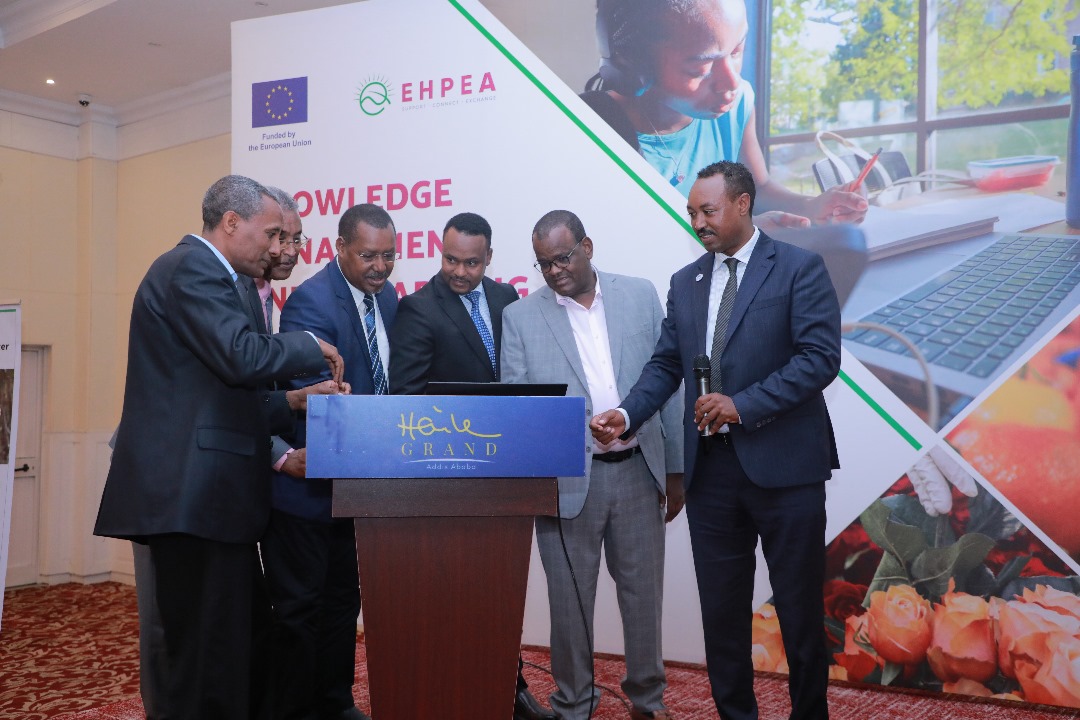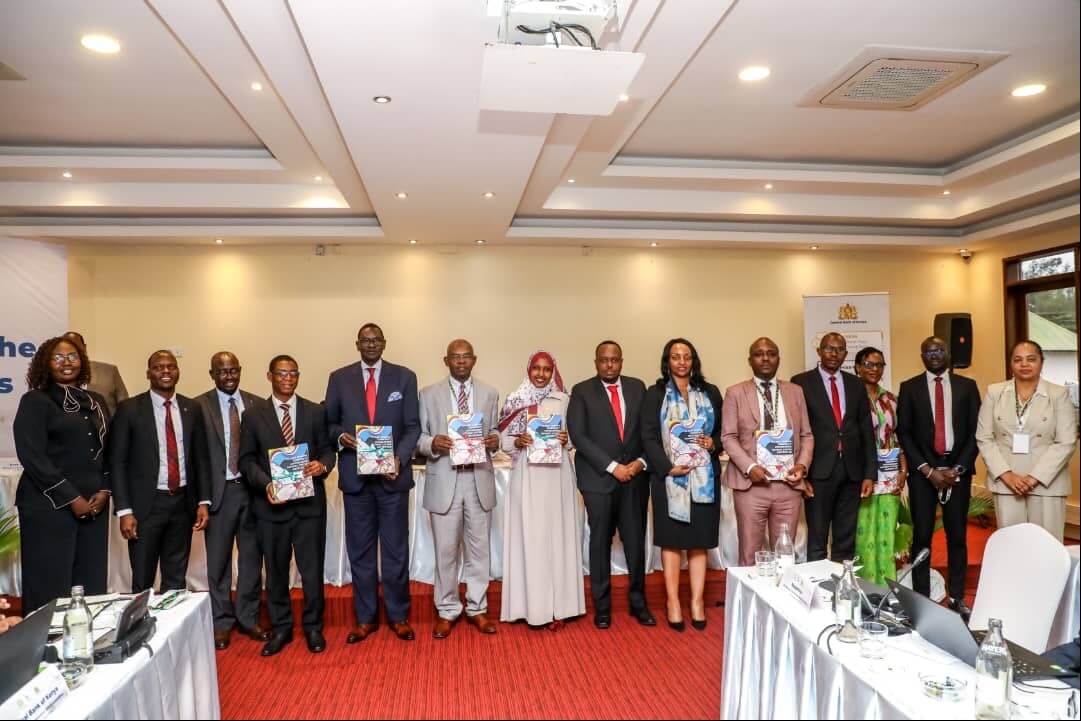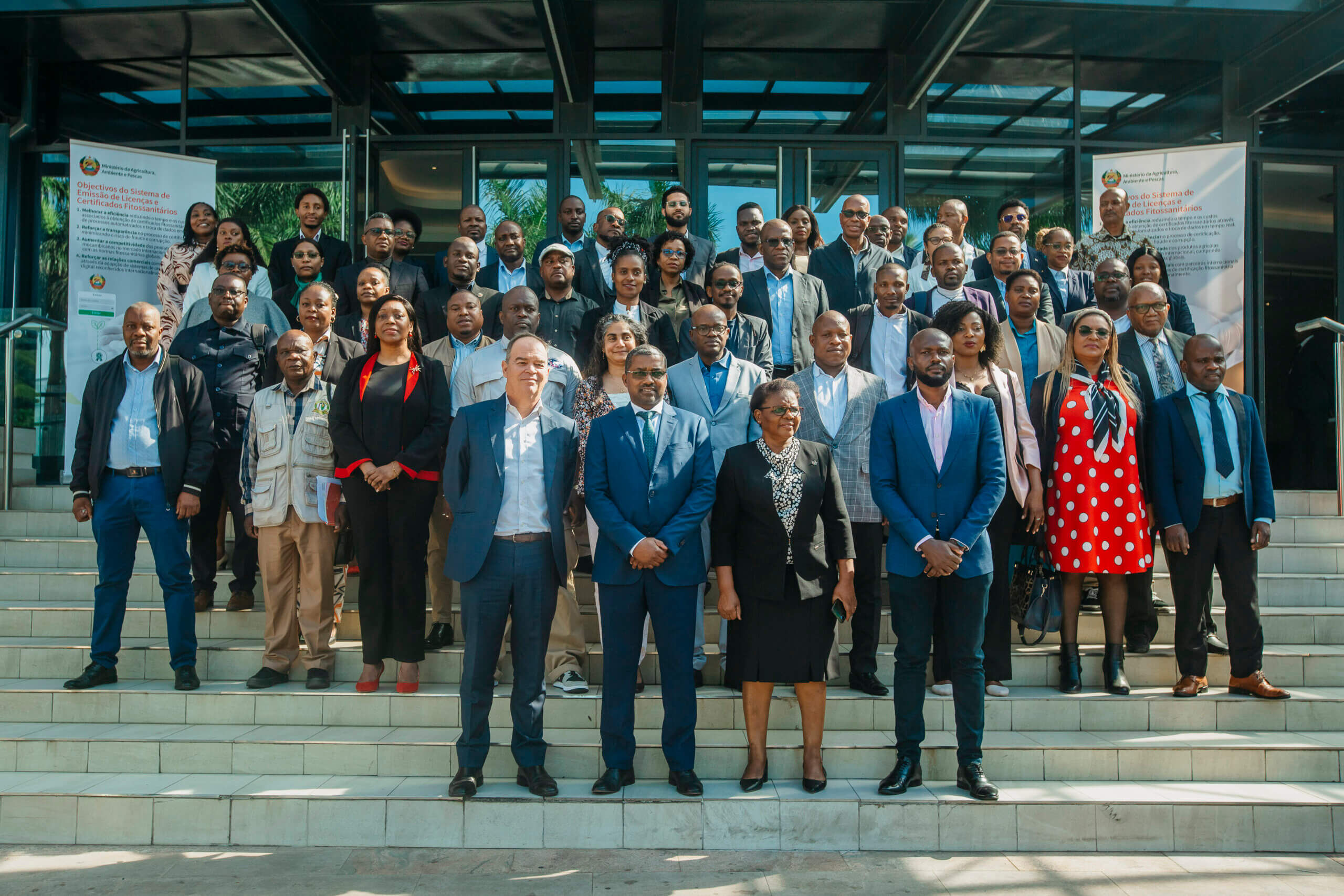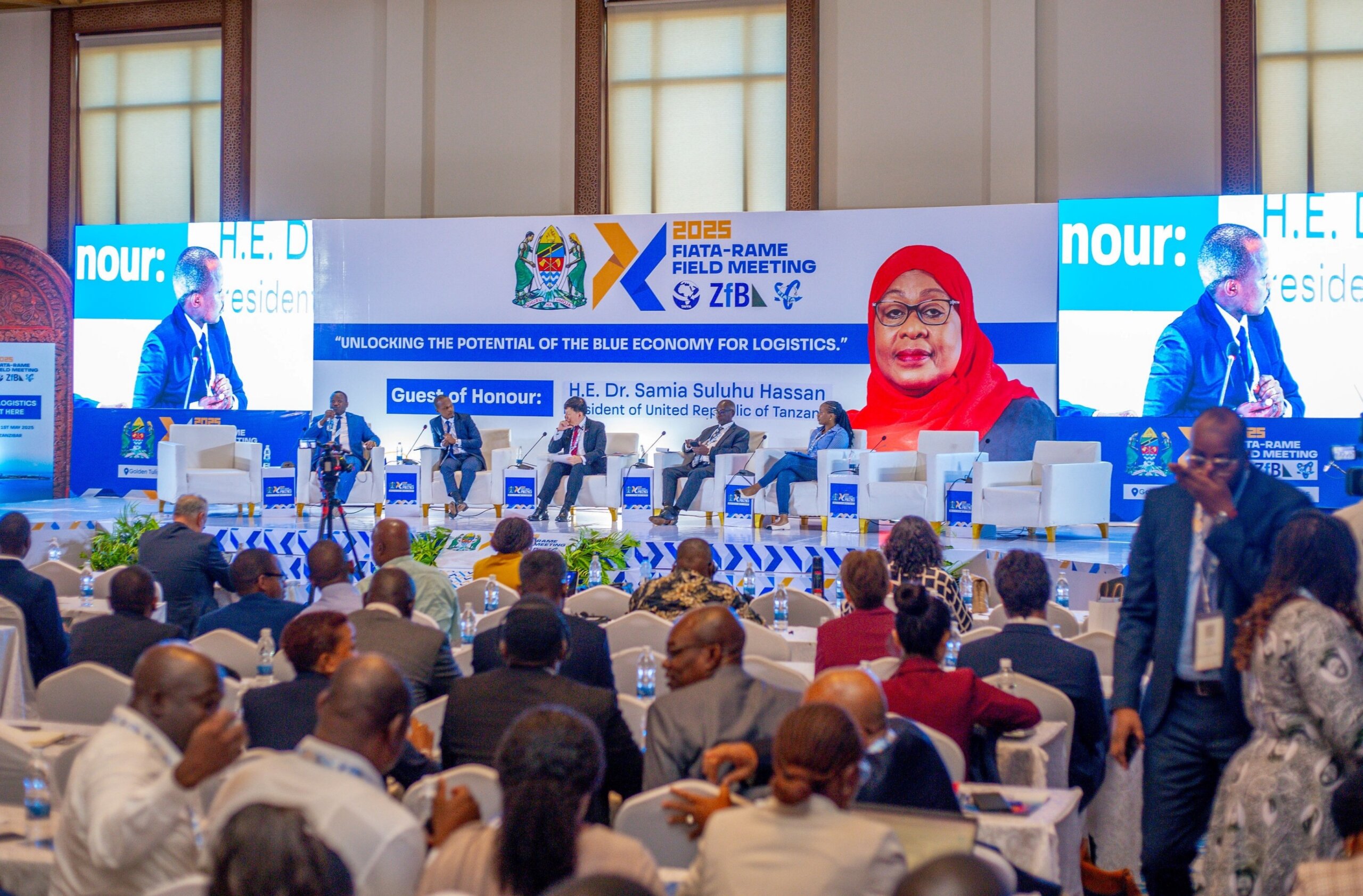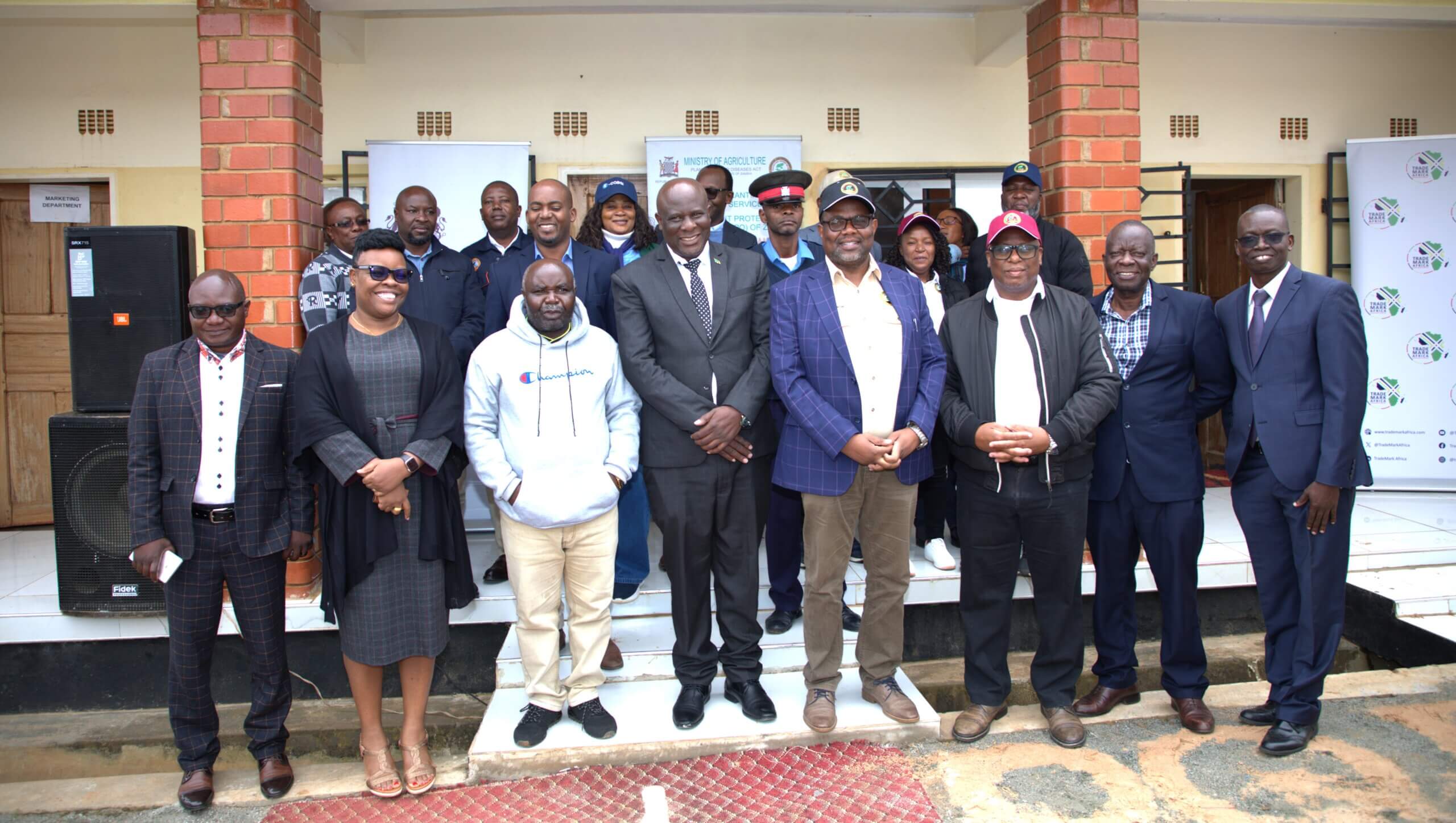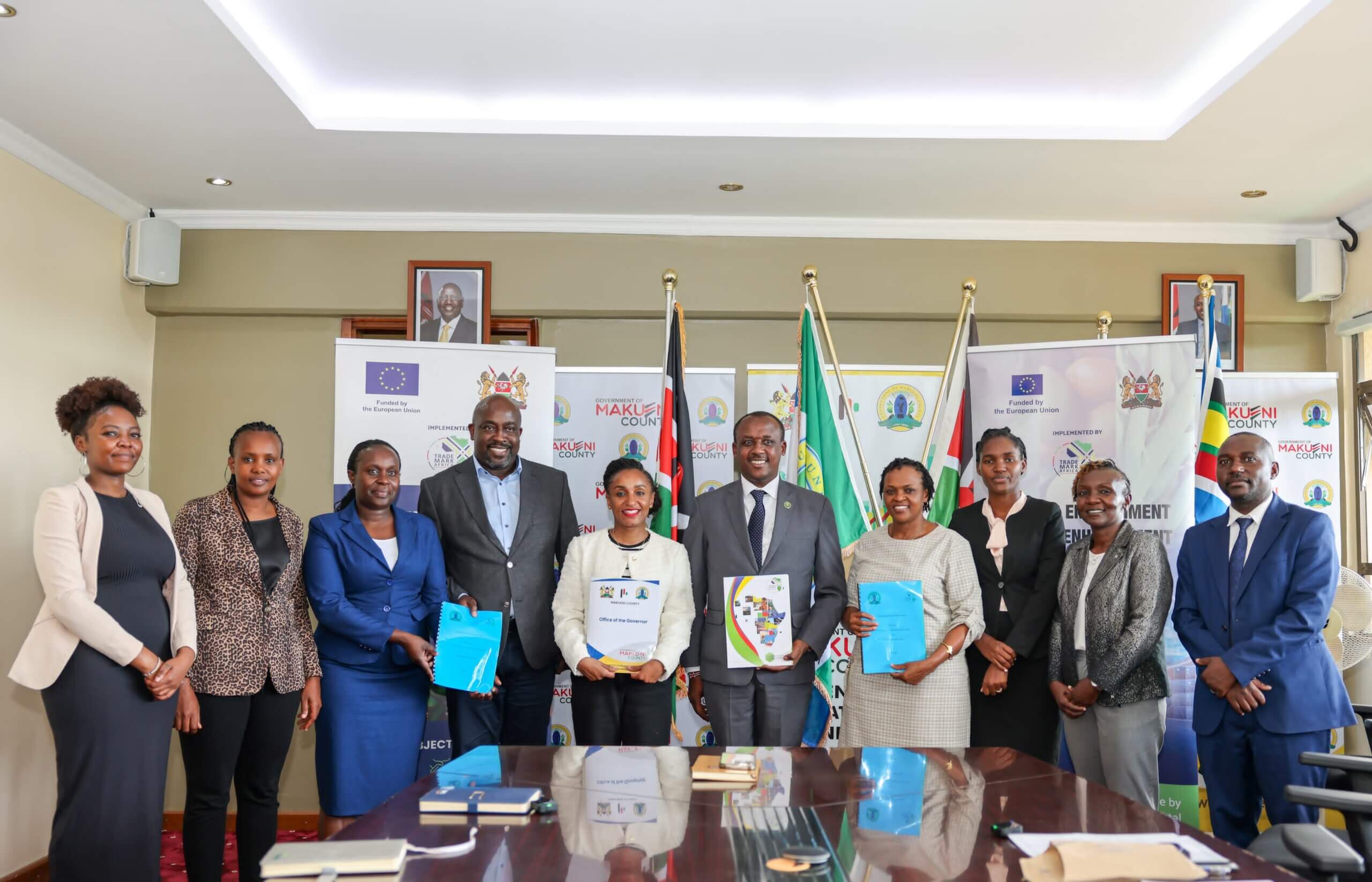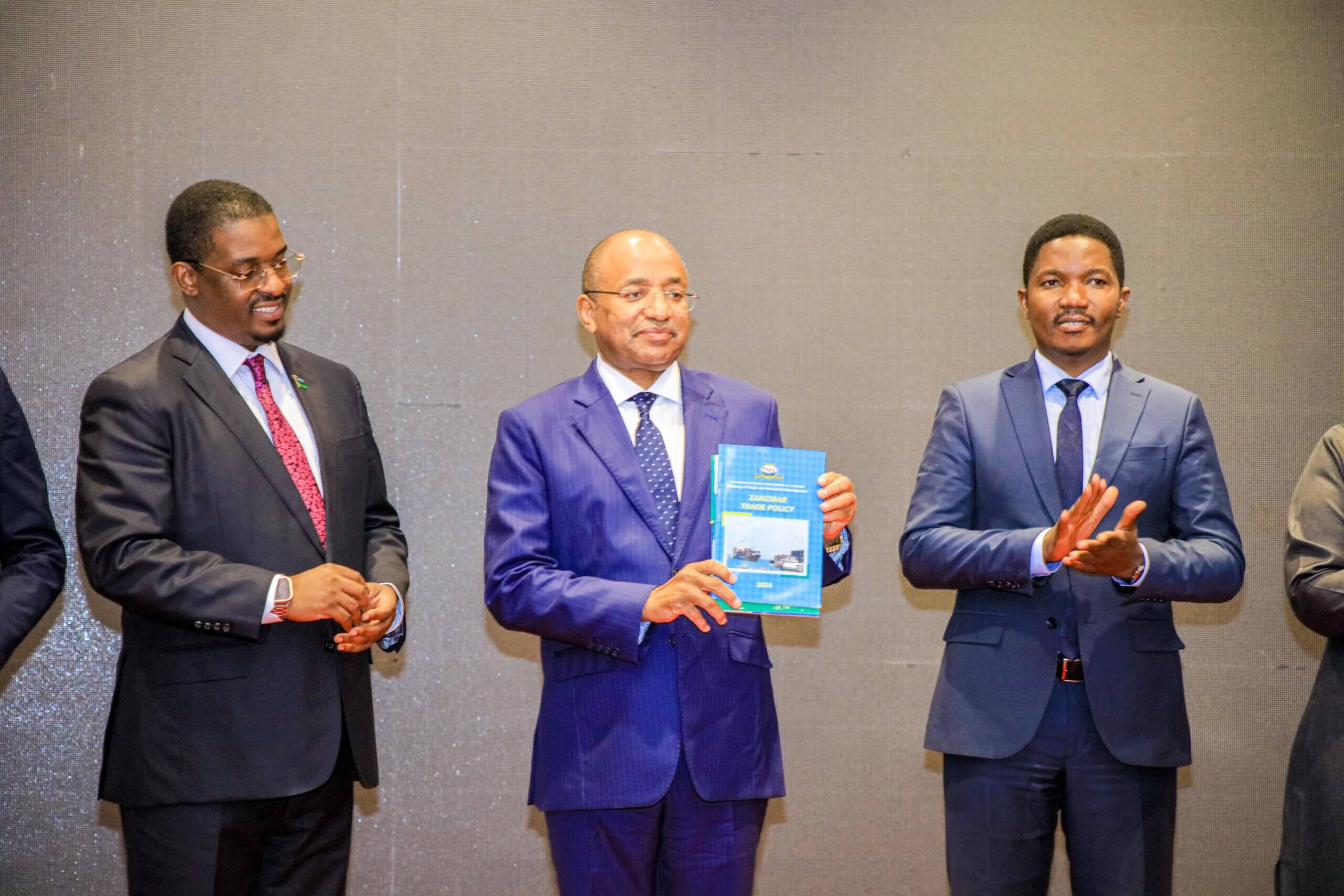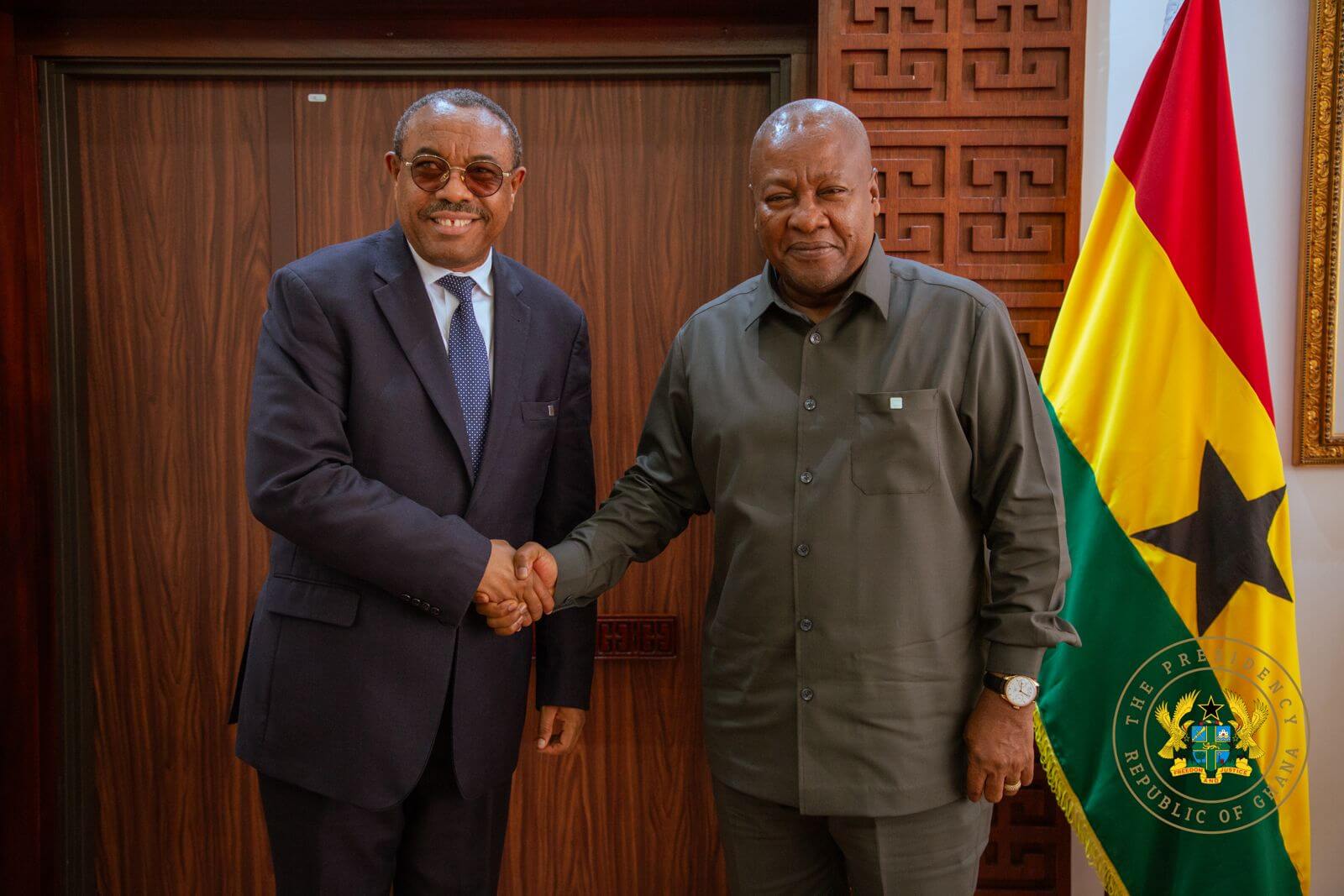Addis Ababa, 29 May 2025 – The Ethiopian Horticulture Producer Exporters Association (EHPEA), funded the European Union (EU), through Agence Française de Développement (AFD), and TradeMark Africa (TMA), has launched a fully functional online Knowledge Management and E-Learning System. The platform is designed to strengthen workforce capacity, improve industry standards, boost sector competitiveness, and enhance compliance across Ethiopia’s horticulture industry. Built for over 120 member firms exporting cut flowers, fruits, vegetables, and herbs, the system offers a flexible, cost-efficient, and sustainable solution for compliance training, technical skill-building, and real-time knowledge exchange. This is essential for a fast-evolving sector that generates significant foreign exchange and employment—particularly for women and youth. The platform is fully owned and managed by EHPEA, ensuring adaptability to the specific needs of Ethiopia’s horticulture ecosystem. Key features include: Multimedia training modules Collaborative forums Tailored reports for tracking learning progress and compliance Mobile compatibility for accessibility across diverse locations Built-in data analytics and a version-controlled knowledge base for evidence-based decision-making Ambassador of the European Union in Ethiopia, H.E Ambassador Sofie From-Emmesberger, said: “The world is changing at a fast pace, and so is global trade... Digital transformation is key to accelerate trade flows around the world. The e-learning platform and the AI-based Knowledge Management System are an opportunity to share and test innovative ideas for agile trade, economic resilience and inclusive growth for Ethiopia.” Ambassador of the European Union in Ethiopia, H.E. Ambassador Sofie From-Emmesberger Speaking on behalf of AFD, Country Director for Ethiopia, Louis-Antoine Souchet, noted: “At...
Ethiopia’s Horticulture Sector Goes Digital with New Knowledge Management and E-Learning Platform
Posted on: May 29, 2025
Posted on: May 29, 2025

